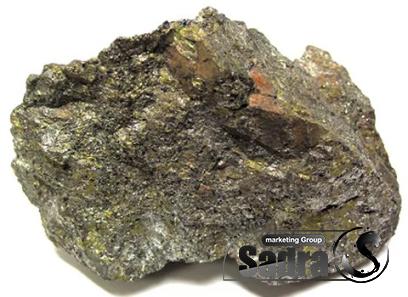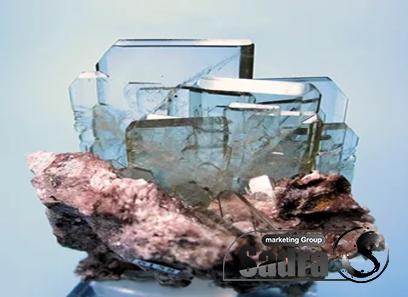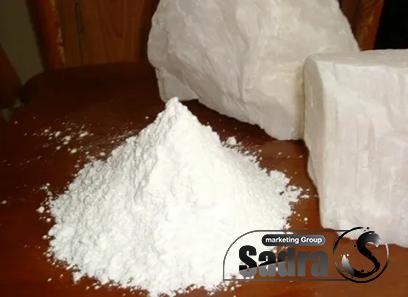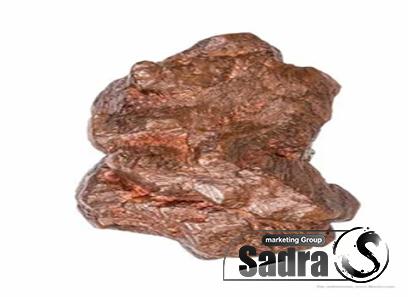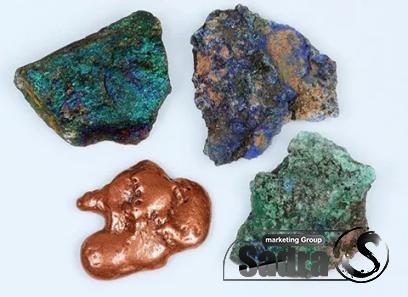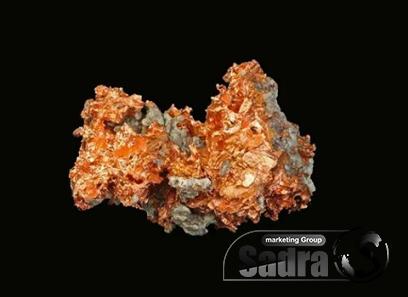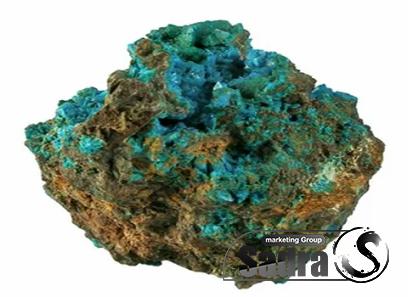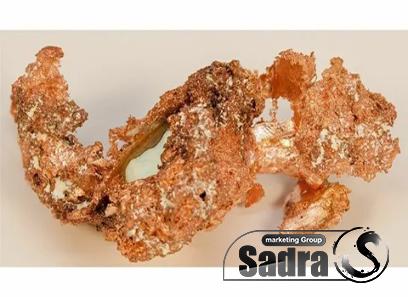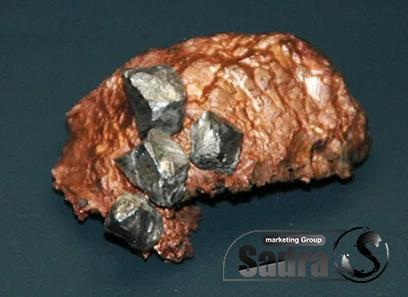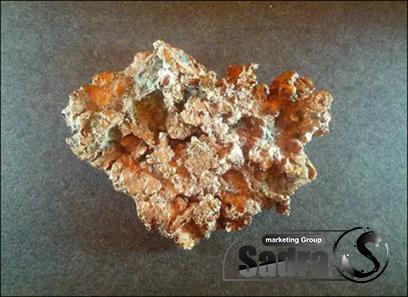Gilsonite Uses in Rubber Wood Steel and Chemical Products
Gelsonite in Chemical Manufacturing – Natural asphalt has many industrial uses, including wood products, rubber products, metal alloy processing, refractories, steel desulfurization, friction products, waterproof pipe coatings and adhesives
It is a non-toxic, non-carcinogenic alternative to coal tar pitch as well as an economical alternative to mineral rubber
Gelsonite in chemical production – natural asphalt is used as a binding and mixing agent in steel desulfurization products
Contains consistent volatiles that improve mixing with other desulfurization chemicals such as magnesium and slaked lime
You will also increase the carbon content of the steel and will provide a reducing atmosphere as it oxidizes at high temperatures
Gelsonite in chemical production – natural asphalt is used in the manufacture of waterproof coatings for water pipes
It is a non-toxic natural resin with excellent adhesion properties
Chemically inactive corrosion resistant pipe coatings can be produced from Gilsonite
The wood products industry also uses gelsonite as a binder
It has excellent water and weather resistance properties
Because Gelsonite is a hard resin, it will produce very strong particle board
Natural asphalt is also used as a binding and mixing agent in steel desulfurization products
Contains consistent volatiles that improve mixing with other desulfurization chemicals such as magnesium and slaked lime
You will also increase the carbon content of the steel and will provide a reducing atmosphere as it oxidizes at high temperatures
Natural asphalt is used in the manufacture of waterproof coatings for water pipes
It is a non-toxic natural resin with excellent adhesion properties
Chemically inactive corrosion resistant pipe coatings can be produced from Gilsonite
The wood products industry also uses gelsonite as a binder
It has excellent water and weather resistance properties
Because Gelsonite is a hard resin, it will produce very strong particle board
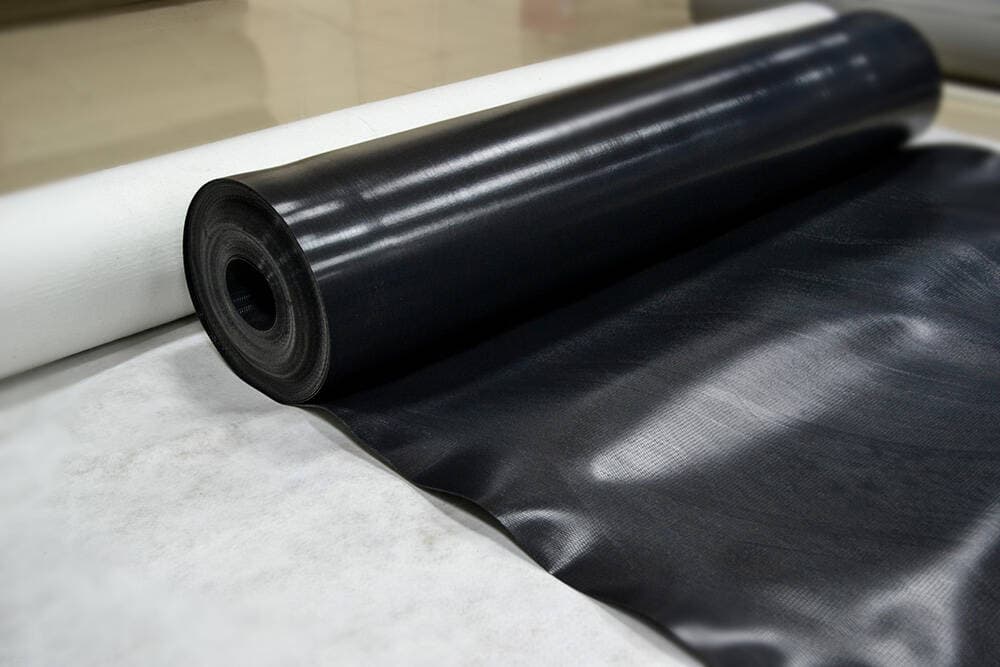
Gilsonite in Chemical products
Gilsonite combines with many chemical products and other materials that take advantage of its unique physical and chemical properties
Bonding and coating applications in the metal, wood, refractories and other industries demonstrate the versatility and utility of this wonderful material
This material is a non-toxic, non-carcinogenic and cost-effective alternative to natural rubber
Gelsonite is used as a hardening agent in metal alloys
This material has a high carbon content which creates a reducing environment when added to molten steel
In mineral formation, gelsonite is again used as a hardening agent
Also, compared to other polymers, gelsonite produces less smoke at higher temperatures
Gelsonite is used as a hardener and admixture in the desulfurization process of steel
This material contains volatile components that facilitate the mixing of sulfur removal chemicals such as magnesium and slaked lime
Furthermore, it increases the percentage of carbon added to the steel and when oxidation occurs at high temperatures, it creates a reducing environment
In the manufacture of products such as clutch plates and brake parts, gelsonite is used, which is mainly a cementing agent
This material is also used as an additive to improve paint shade and in some cases to reduce friction
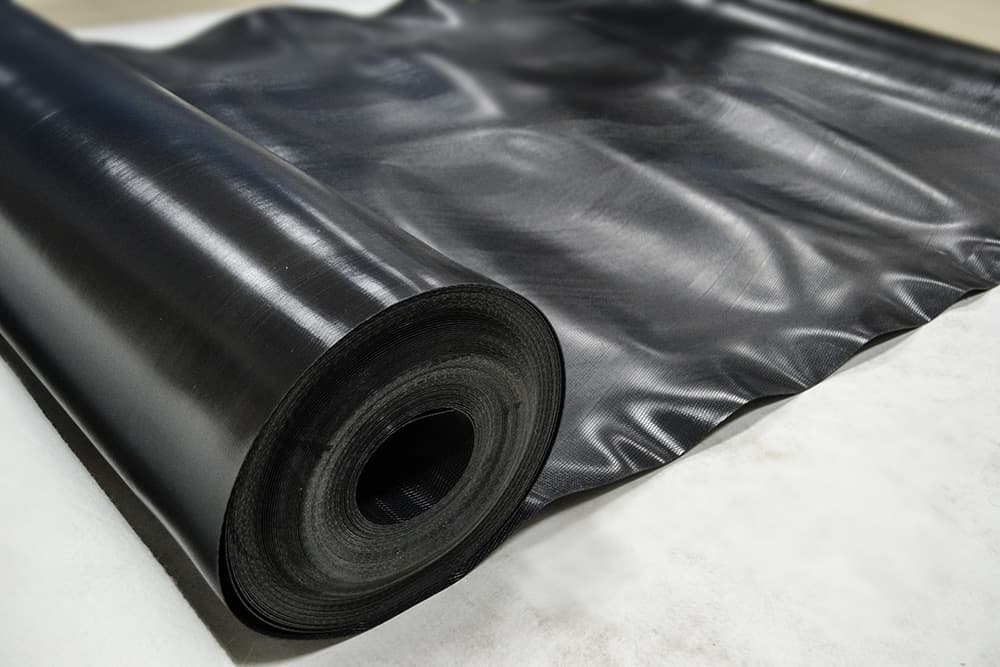
In addition, gelsonite is used as an insulating coating for pipes
This material is a non-toxic gum with excellent adhesive power
Chemically clean corrosion-resistant coatings can be produced from Gelsonite
In the carpentry and carpentry industry, gelsonite is used as a hardening agent (glue)
This material is water and abrasion resistant
Because gelsonite is a very hard resin, it produces a very hard product
This material is also used in the manufacture of paints and due to its chemical properties, it penetrates the surface of objects that must be glued together
In addition, the viscous material is produced from Gilsonite which is resistant to the damaging effects of ultraviolet rays
These chemical properties have given Gilsonite a wide range of uses like: metal alloy processing, refractory, steel desulfurization, friction products, wood products, waterproof pipe coatings, and adhesives
Chemical properties of gelsonite
High percentage of asphalt
High solubility in organic solvents
High purity and consistency
High molecular weight
High nitrogen content
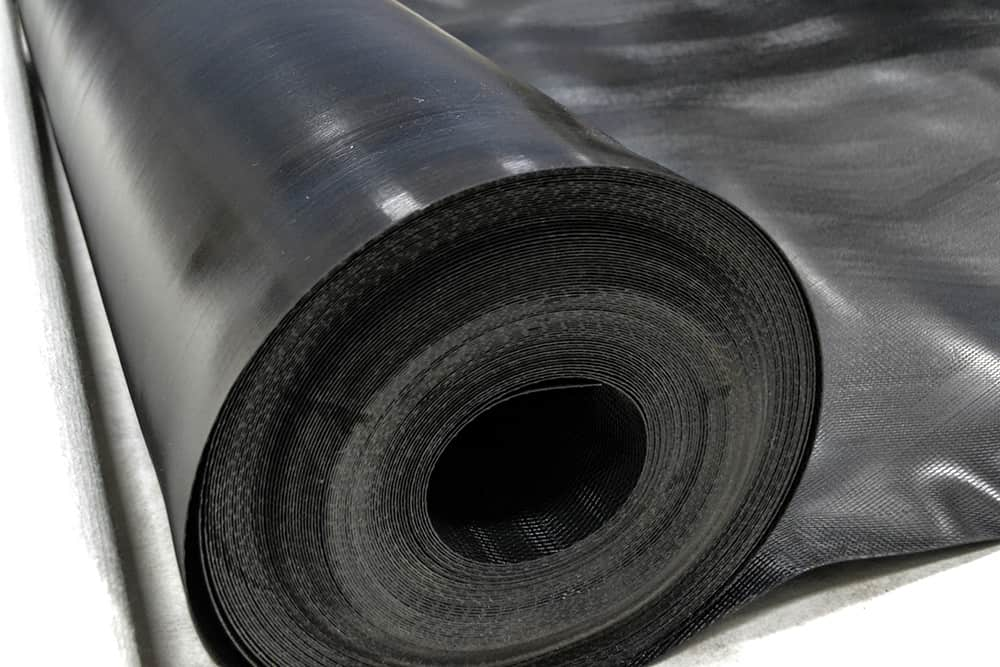
Gilsonite in Rubber Products
Due to the presence of sulfur in bitumen, the tape that produces molecules in gilsonite is 8 times more and reduces tears, which is very important for rubber products in its production
This additive makes it stick wonderfully, and even after being mixed with bitumen, it has many of the properties of rubber, which can only be split or split by hot pressing
Bituminous rubber is more durable and has twice the durability and resistance in the sun than conventional tires, thus preventing the rubber from breaking, cracking and splashing
Gelsonite is used for rubber by mixing with carbon black in this way the end result that will be rubber is a more reinforced rubber
The advantage of using Gilsonite in rubber is that the carbon black is absorbed throughout the rubber and is better mixed with other materials used to make rubber
With Gilsonite, the amount of carbon in the rubber will be higher and the abrasion strength of the rubber will be higher
By using Gilsonite in rubber production, the end product will be more natural and the cost will be much lower
Gelsonite is a high purity natural resin
Gilsonite offers low-cost, high-performance features that adhesive makers should value when color is not a deciding factor
Gelsonite is soluble in common adhesive solvent systems and has broad compatibility with common elastomers and resins
Of particular interest to manufacturers of contact adhesives and building pastes is Gilsonite’s good compatibility with neoprene rubber and Gilsonite’s effectiveness as a Raton terminal block resin
Hot melt providers will learn about the potential of Gilsonite in combination with EVA and polyethylene
Gilsonite increases the shear and peel strength of wood, paper, glass, aluminum and concrete
And because Gilsonite is a natural resin, it has received FDA approval for food contact use
Additionally, Gilsonite is rated as safe under all known industry health guidelines
Gilsonite will reward adhesive compounds with significant reductions in raw material costs without sacrificing performance
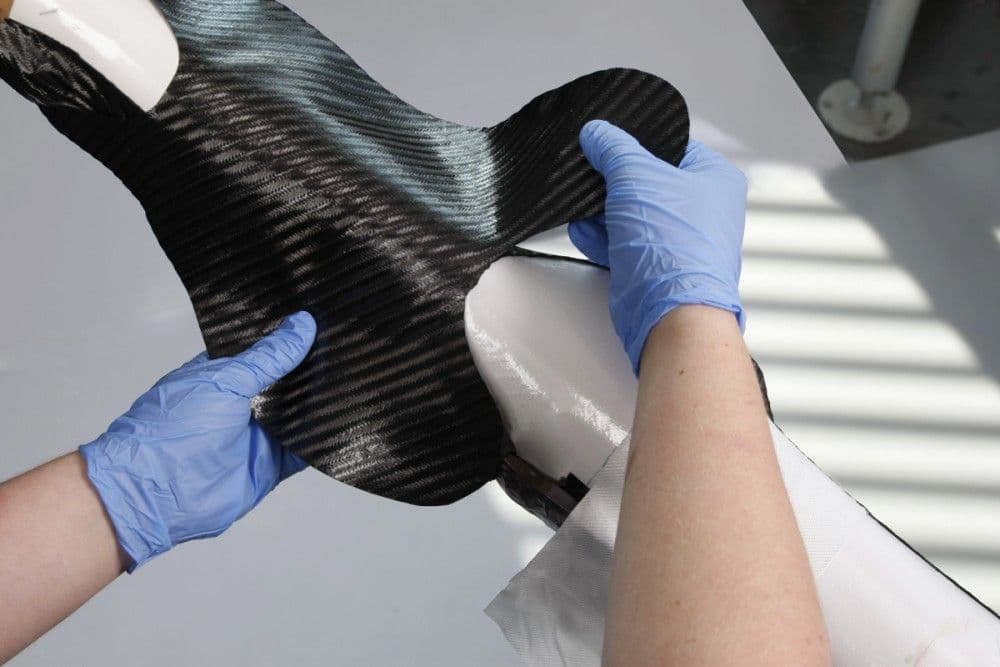
Gilsonite in Wood Products
Gelsonite is used as a waterproof covering for wood products
The color of the layer is called shapan
The main use of Gilsonite resin as a binder for wood products is the production of medium density fiberboard
Major US manufacturers have used Gilsonite to replace linseed oil and Vinsol/HMA conifer wood derivatives in their wet/dry processes
The manufacturer used linseed oil for the first time, but due to excessive fire during the drying and hot-pressing process, the factory switched to Vinsol/HMA resin
Later, Gilsonite replaced Vinsol due to cost and availability considerations
Gelsonite also introduces a 10% increase in modulus of rupture in the final product
An average modulus of rupture of 2500 psi (175 kg/cm2) was achieved using a 13% gelsonite binder
In the opinion of knowledgeable wood product manufacturers, Gilsonite veneers are superior in strength and stability
In this wet and dry process, aspen wood chips are turned into fibers in single and twin disc mills
De-vibration is done on plywood before
After defibrillation, the fibers are stirred to about 1% solids content
Alum is used at a rate of approximately 0
9% by weight of the fiber formulation
Slump wax containing 9-10% oil was emulsified and added to the fiber slurry at 1
3% on a dry weight basis
After crushing, the gelsonite is put into a moving slurry tank
A 10% gelsonite slurry was prepared using a Texo LP 583 dispersion to hydrate the gelsonite
The assembled furniture was pumped through a fan pump into a double roller forming machine
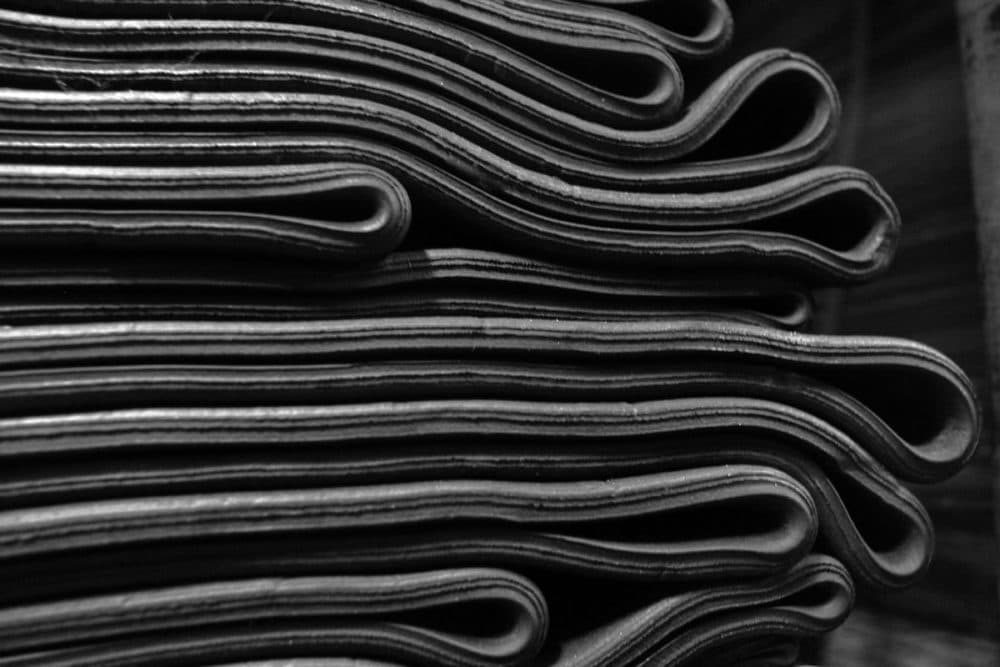
This machine has an anti-roll cylinder and coated screen on which the mat is formed
Mats were overlapped from each cylinder to produce the desired final mat thickness
A pinch roll is used with a vacuum dewatering chamber to make the mat thicker
A thickness gauge is used to control the thickness of the mat before drying
The mats were dried for 3½ hours in a 350-foot oven
The temperature is controlled in three zones in the oven – first stage, 243°C; second stage, 210 °C; The final stage is 141 degrees Celsius
Allow the board to dry at 4% to 5% moisture
After cooling, the board is roll-coated with pre-pressed sealant on the top and bottom
The spray system uses an additional seal on the top of the panel
Sealant is used before pressing at a rate of 10 kg per 92
9 cm²
The pre-press sealer is made of Rohm and Haas thermoset acrylic resin, talc and iron oxide for color
Before hot pressing, the plate is dried for 1 to 1
5 hours at 149 °C
The moisture content after drying is from 1 to 1%
It is desirable that there is some moisture left on the board as it improves the surface finish and reduces adhesion
Plate pressing is done on hydraulic presses fitted with either chrome-plated plates, embossed plates or smooth Vicalloy pressing plates
The pressure plate is treated with Quaker Oats Iso tape to reduce adhesion
The cylinder temperature is 238 °C in steam or oil heated pistons
Decompression time is 5 minutes from cycle start to decompression
Eight minutes of decompression download are required until the download decompresses
Inch MDS plate pressure cycle is 8 minutes from start to decompression
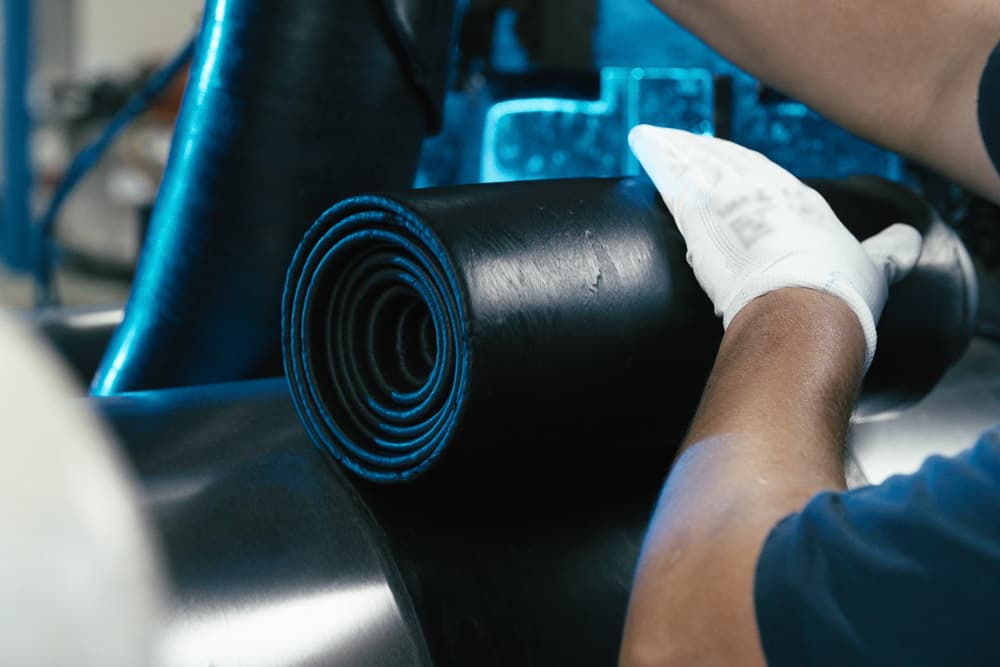
Gilsonite in Steel Products
Gelsonite for steel mills and applications gelsonite is used as an additive in steel products where gelsonite has been added to the system in limestone, magnesium lime and calcium carbide, which removes impurities such as sulfur, silica and phosphorus from the molten steel and transfers them to the slag
75% of gelsonite is volatile at 1900°F which, when mixed with molten steel, transfers impurities into the slag
It is used as a hardening agent in metal alloys
This material has a high carbon content which creates a reducing environment when added to molten steel
Gelsonite is an ingredient in many additives used in steel production
It is used in limestone, chalk, magnesium and calcium carbide additive systems
The function of this additive is to remove impurities such as sulfur, silica and phosphorus from the molten steel and transfer them to the molten slag layer
Gilsonite serves several roles as an ingredient in steelmaking additives
First, gelsonite is about 75% volatile at 1900 degrees Fahrenheit, and when added to molten steel, it increases the mixing of the additive so that a chemical reaction can occur that transfers impurities to the molten slag layer
Then, the released volatiles are high in shiny carbon, reducing iron oxides to steel
Although CO reduces most of Fe3+ through indirect reduction, some must be reduced directly by elemental carbon
Finally, the non-volatile part of gelsonite is a highly structured asphaltic structure that is almost pure carbon
This will increase the carbon content of the steel
The accumulation of steel slag is one of the main problems for steel producers, as it occupies a large part of the company’s yard
The investigators suggest various applications for the use of slag in other industries
There are great possibilities to use slag as aggregate in road and railway construction
Evidence shows the compatibility of slag with the construction of roadbeds and branchbeds
However, the use of slag as subsidiary ballast for railway construction has not been thoroughly investigated
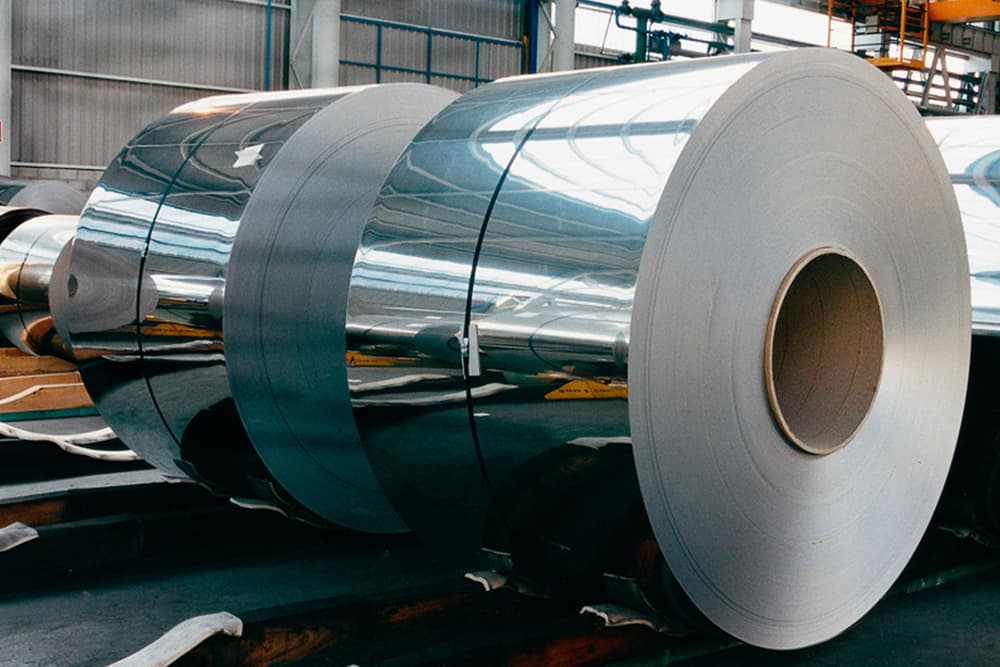
The railway ballast sub-layer requires high shear strength, which is greater than the shear strength of slag
The results of all experiments show a significant improvement in the shear strength properties of modified slag, which makes gelsonite modified slag a potential alternative to conventional sub-ballast material
Gelsonite is used as an additive in steel products, which has been added by gelsonite to the system in limestone, magnesium lime and calcium carbide, which displaces impurities such as sulfur, silica and phosphorus from the molten steel and transfers them to the slag
75% of gelsonite is volatile at 1900°F which, when mixed with molten steel, transfers impurities into the slag
